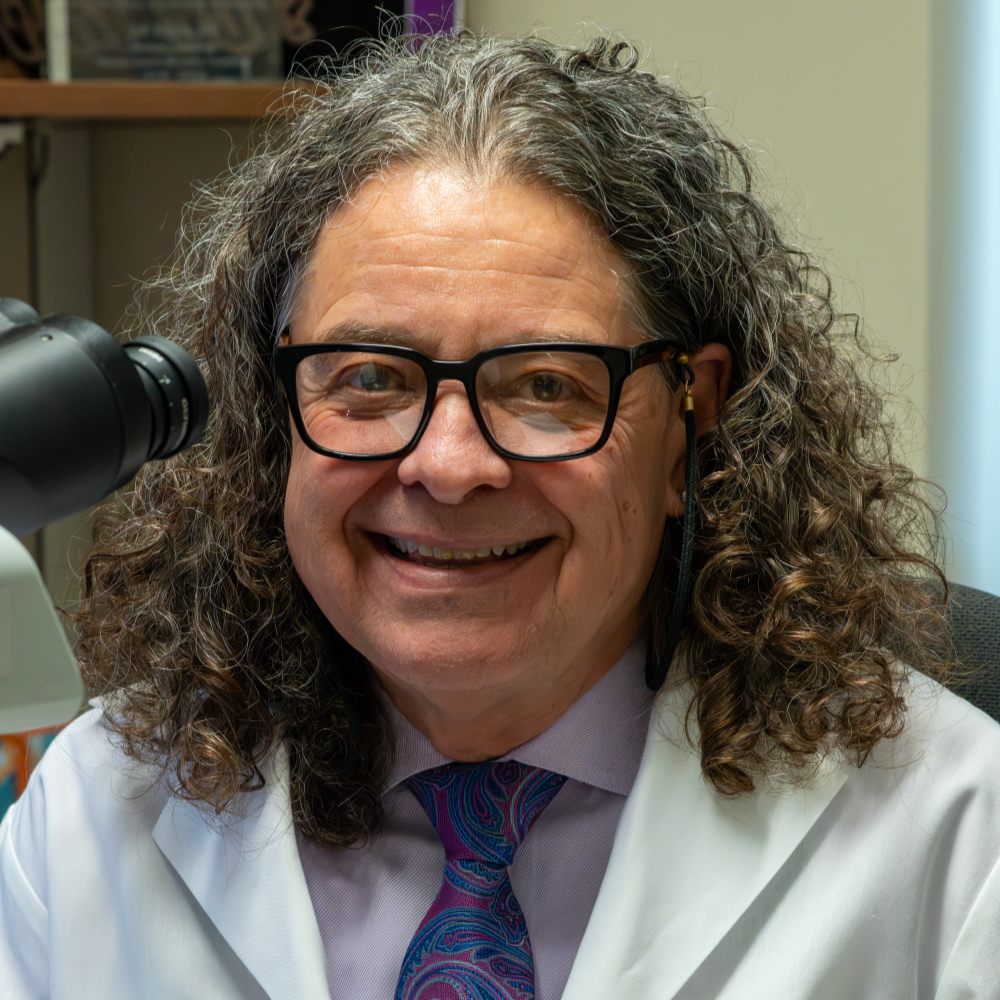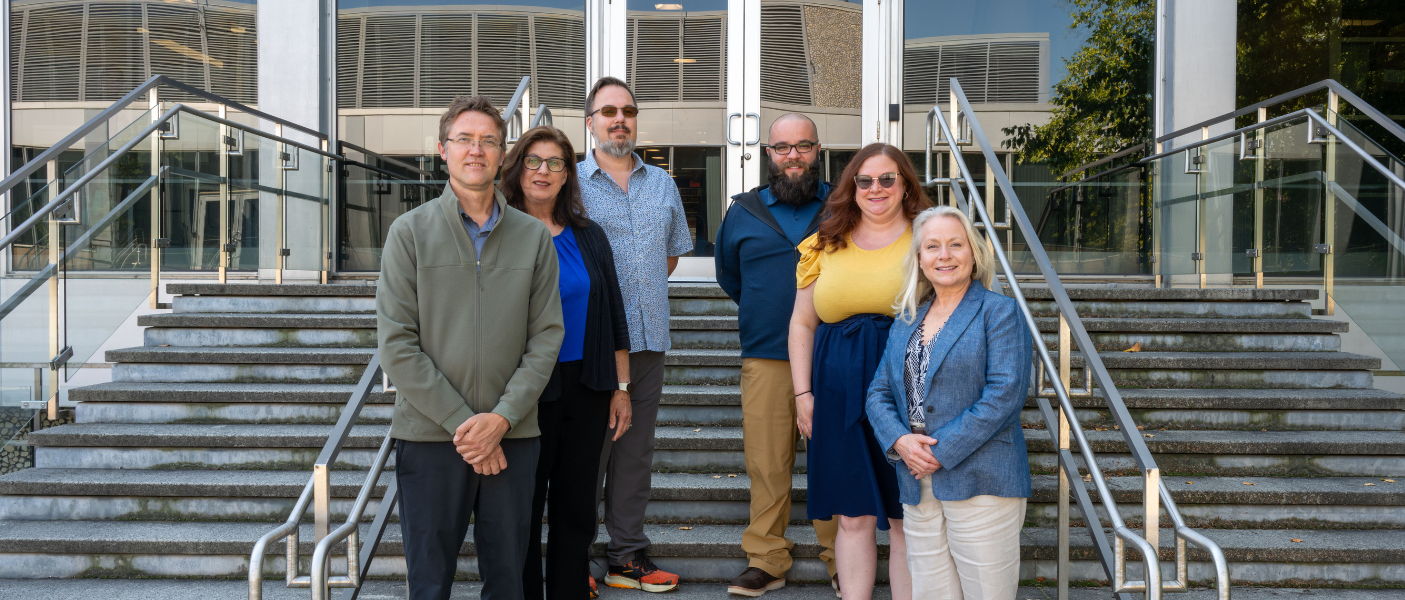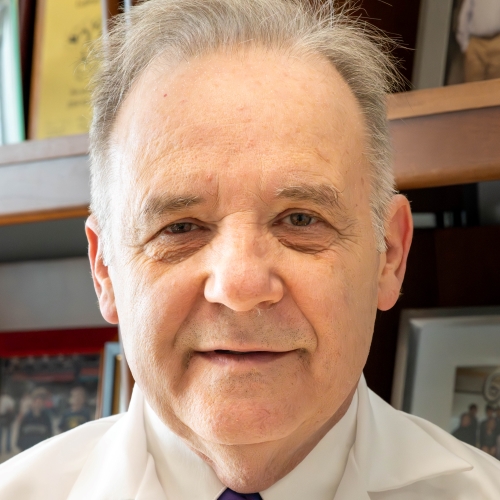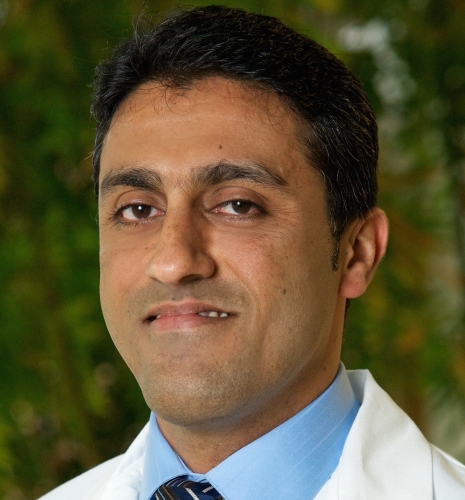News Archive
Filter by Division
Filter by Categories
MLabs Supports Department-Wide Implementation of hc1 Platform
September 23, 2024 / MlabsTarget: Improved Patient Care and Access, Enhanced Efficiency
Organoid model predicts bladder cancer treatment response
September 20, 2024 / Cancer ResearchPersonalized medicine utilizes an individual’s genetic and genomic make up to treat and prevent diseases. The promise of personalized medicine continues to grow as new scientific discoveries uncover previously unknown features and drug sensitivities for tumors. In a recent study, Dr. Aaron Udager, associate professor of genitourinary pathology and co-director of our PSTP program, was co-senior author on a publication with Dr. Sofia Merajver, professor of epidemiology and internal medicine and the director of the breast and ovarian cancer risk evaluation program.
New Uses for Common Drug May Help Patients with Inflammatory Diseases
September 19, 2024 / ResearchAn article recently published by the Nuñez lab provides an exciting discovery for individuals with Alzheimer’s disease, diabetes, and certain other autoimmune diseases caused by aberrant NLRP3. The research, led by Dr. Jie Xu with Drs. Joseph Pickard and Gabriel Nuñez, discovered that a common, safe, FDA-approved drug used to treat alcoholism and cocaine addictions, disulfiram, inhibits the production of NLRP3 inflammasomes. When NLRP3 is activated, it can cause inflammation leading to multiple health issues.
Carol Young MLS(ASCP) Awarded Scherago-Rubin Award for Clinical Microbiology
September 11, 2024 / Award Congratulations to Carol Young, MLS(ASCP), clinical research project manager in microbiology, on her selection as the 2025 American Society of Microbiology’s Scherago-Rubin Award for Clinical Microbiology recipient.
Congratulations to Carol Young, MLS(ASCP), clinical research project manager in microbiology, on her selection as the 2025 American Society of Microbiology’s Scherago-Rubin Award for Clinical Microbiology recipient.
This award recognizes an outstanding bench-level clinical microbiologist involved in routine diagnostic work who has distinguished themself by excellent performance. The award was established by the late Sally Jo Rubin, an active member of ASM's Clinical Microbiology Division, in honor of her grandfather, Professor Morris Scherago.
The Pathologist Power List 100 Has Been Released
September 11, 2024 / AwardFive from U-M Pathology Honored in 2024
Researchers identify factor that drives prostate cancer-causing genes
September 10, 2024 / Cancer ResearchResearchers at the University of Michigan Health Rogel Cancer Center have uncovered a key reason why a typically normal protein goes awry and fuels cancer.
They found the protein NSD2 alters the function of the androgen receptor, an important regulator of normal prostate development. When androgen receptor binds with NSD2, it causes rapid cell division and growth leading to prostate cancer. The study, published in Nature Genetics, may suggest a new way to therapeutically target prostate cancer. The findings illuminate a phenomenon not previously understood.
Dr. Jeffrey Myers Recognized with Ward Burdick Award for Distinguished Service to Pathology
September 9, 2024 / Anatomic Pathology Congratulations to Dr. Jeffrey Myers, A. James French Professor of Diagnostic Pathology and Vice Chair for Clinical Affairs and Quality, on receiving the Ward Burdick Award for Distinguished Service to Pathology from the American Socity for Clinical Pathology at their 2024 Annual Meeting.
Congratulations to Dr. Jeffrey Myers, A. James French Professor of Diagnostic Pathology and Vice Chair for Clinical Affairs and Quality, on receiving the Ward Burdick Award for Distinguished Service to Pathology from the American Socity for Clinical Pathology at their 2024 Annual Meeting.
Third-year resident Dr. Lauren J. Miller receives the 2024 Dr. Phillip and Sandra Barney Resident Volunteer Service Award from the ASCP
September 9, 2024 / Residents Third-year resident Dr. Lauren J. Miller received the 2024 Dr. Phillip and Sandra Barney Resident Volunteer Service Award from the American Society for Clinical Pathology (ASCP) at this year’s annual meeting. If you follow our #UMichPath social accounts, you recognize her as @LJMiller_MD. You may have seen her providing Case of the Week (#COTW) posts or featured in our residency program video, conducting grand rounds, teaching medical students, and other department content. These are just a few ways that her volunteer service has directly and positively impacted our department’s communication efforts as we work to enhance the availability of educational and informative content.
Third-year resident Dr. Lauren J. Miller received the 2024 Dr. Phillip and Sandra Barney Resident Volunteer Service Award from the American Society for Clinical Pathology (ASCP) at this year’s annual meeting. If you follow our #UMichPath social accounts, you recognize her as @LJMiller_MD. You may have seen her providing Case of the Week (#COTW) posts or featured in our residency program video, conducting grand rounds, teaching medical students, and other department content. These are just a few ways that her volunteer service has directly and positively impacted our department’s communication efforts as we work to enhance the availability of educational and informative content.
And the 2023 Best Paper Award goes to...
September 3, 2024 / MctpDr. Rohit Mehra, Professor and member of the Michigan Center for Translational Pathology (MCTP), and his international team of collaborators were recently recognized by the Asian Journal of Urology for the best paper published in their journal in 2023. This award-winning study is a literature overview of chromophobe renal cell carcinoma (ChRCC), the third most common RCC subtype.









 ON THE COVER
ON THE COVER
 ON THE COVER
ON THE COVER
 ON THE COVER
ON THE COVER
 ON THE COVER
ON THE COVER
 ON THE COVER
ON THE COVER
 ON THE COVER
ON THE COVER
 ON THE COVER
ON THE COVER
 ON THE COVER
ON THE COVER
 ON THE COVER
ON THE COVER
 ON THE COVER
ON THE COVER
 ON THE COVER
ON THE COVER
